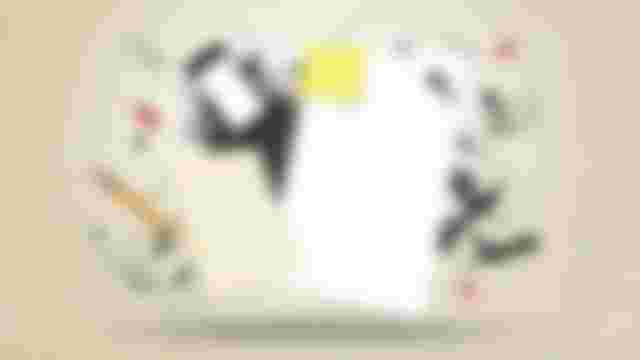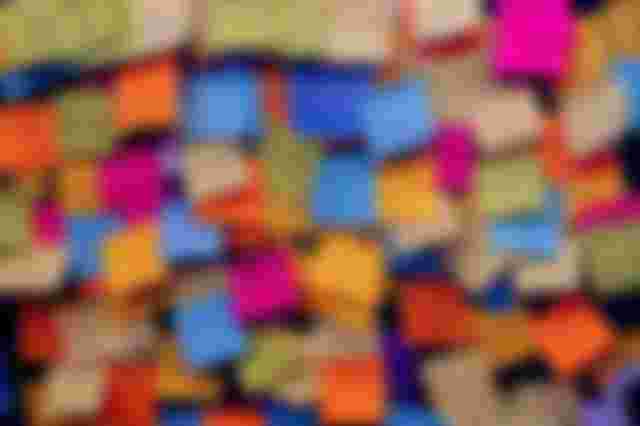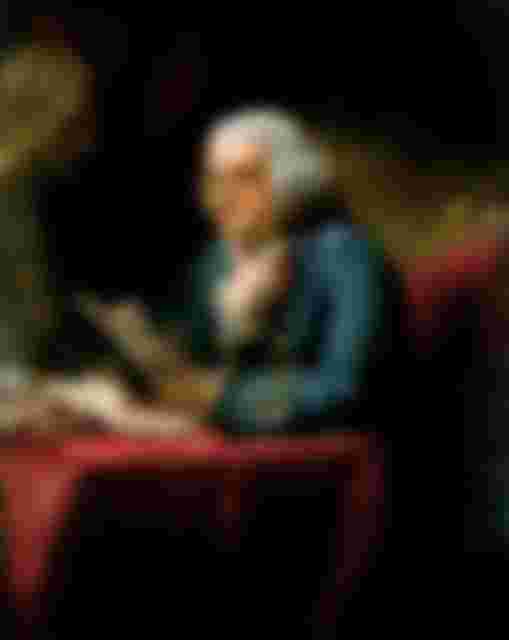I am doing a course on how to be a writer, and I have decided to share with you through my publications, the knowledge I am acquiring. This way we can learn together.
Articles related to this topic:
Inspiration, source of wisdom.
Maybe at some point in your student days you heard something about taking notes. That's when you hurriedly write in your notebook everything you can retain as you are listening without paying due attention, and writing down in an illegible way what is really important. With this I dare to say that writing is the first mental technology created for the expansion of memory, the fixation of knowledge and the recording of what man is, thinks, feels and imagines. That is, what we perceive through what we see or hear can be expressed and recorded for later analysis.

In fact, taking notes and notes is a very ancient technique, 2,800 BC scribes for example passed their thoughts through writing where they represented different signs engraved on papyrus. It should be noted that a papyrus is the name given to the writing support made from Cyperus Papyrus, an aquatic marsh grass of the Cyperaceae family, very common in the Nile River in Egypt.
On the other hand, I consider that one of the best ways to enrich your writings is to take notes. You can even form a dossier, that is, put together everything important on different topics. You can use notebooks, where you paste newspaper clippings on fun topics. You can also use cardboard or lined cards to make your notes. These notes can be phrases heard or read, an idea that came out of the moment. Sometimes a story or a novel comes from hearing a few words.

Here are some tips for efficient note taking:
- Write down words: Just write down a basic and most important idea.
- Use colors: The underlining technique helps you identify themes based on how you have organized your color scheme.
- Divide the pages: A creative way to achieve efficient notes is to divide the page into two or three sections, separating the important ideas from the secondary ones.
There's one good thing about notes. They are not an exact copy of everything heard. There is no active mental process necessary for any ordering. Consequently you can organize your thoughts better. Notes are also very useful to help you express the topics more easily. The characteristics of good notes are as follows: Accuracy, brevity, clarity and organization.
In that sense, not only writers, but also a student, a scientist or any person in the 17th and 18th century was likely to have a notebook. In its most common form "the notebook" as it was known, consisted of transcribing interesting passages or inspirations that were read, creating a personalized encyclopedia of quotations. A notebook is a central resource or repository of ideas, quotes, anecdotes, observations and information that you encounter during your life and activities. Its purpose is to record and organize these "gems" for later use.

Finally, reading and writing has always had a prominent place in mankind's quest to discover new possibilities, acquire knowledge, and inspire new ideas. One of the best ways to ensure the preservation of this quest is to capture many ideas in a place where they can be constantly read, reviewed, analyzed and studied. It's no secret to anyone that practice is still the best way to take advantage of the enormous amount of digital content we see. On the other hand, writing by hand has its benefits, it helps concentration, allows you to order your ideas, you even stop better the information you are working with, notice that the great writers of our times keep this habit.
Do you usually take notes?
Dear readers, your opinions are very valuable to me, I will be very attentive to your comments. Thank you for investing your valuable time reading my post, best regards.
Disclaimer: I would like to let you know that English is not my mother tongue, I may even make some mistakes in the elaboration of sentences in my posts. Feel free to correct me attentively. It will help me in my learning process.
Articles related to writing a Novel:
Types of narrators in a story.
The different styles of dialogue in a story.
The parts that constitute a narrative description.
The characters allow us to know the story.
How to achieve a good ending in your stories.
Planning allows you to organize your ideas.
You can follow me on:
Facebook - Instagram - Youtube
My Blogs:



I always take notes. Quotes, ideas, events I experience or hear of, everything that can be useful... I have several boxes with full notebooks. I always write my notes by hand; I started before the internet age. and I still like to be able to read my notes without digital equipment.